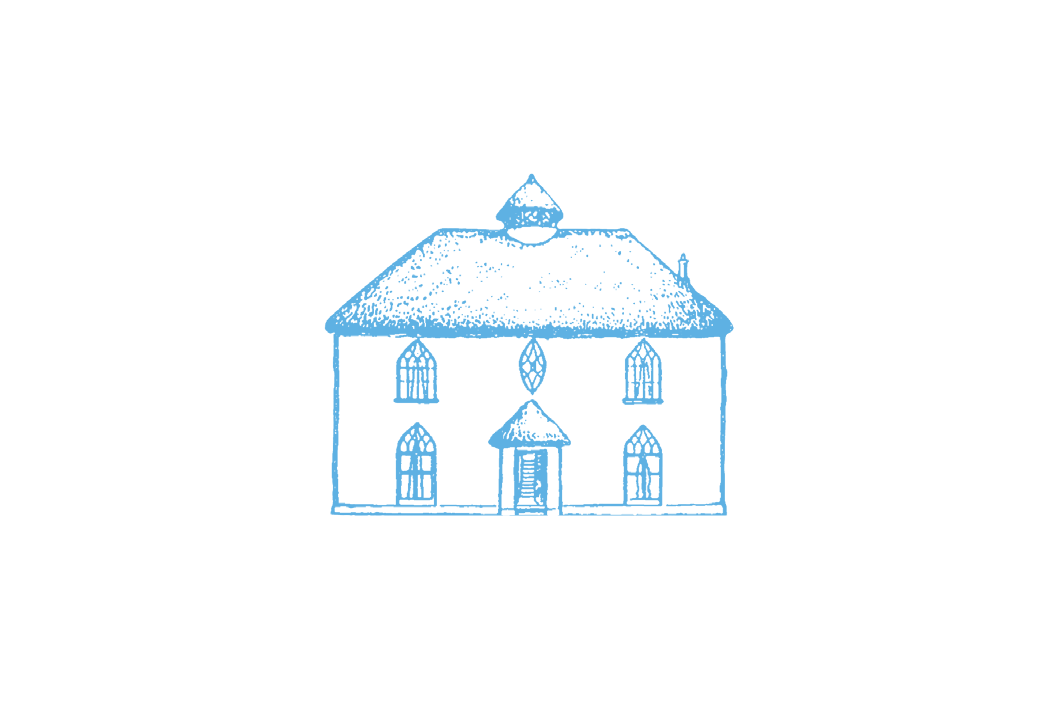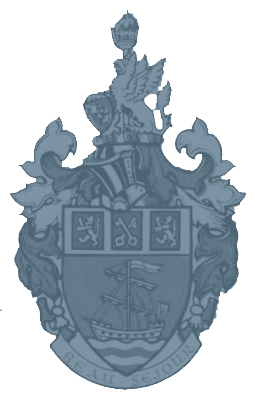ve Day celebrations exhibition 2020
VE Day in Budleigh Salterton, seen through the eyes of an evacuee with the Beaufoy Institute.
I remember VE Day because it was the day that the lights came on again. I was fourteen years old at the time and I was living in a hostel for boys at Budleigh Salterton in South Devon whilst attending the Beaufoy Technical Institute, which had been relocated there from Lambeth to escape the Blitz. The school was held in the local Territorial Army drill hall, and the hostel where we lived was one of a number of requisitioned properties taken over by the authorities in the town during the war.
Mum, Ron and Norman were living in a similar requisitioned property in Newquay. Dad was still on active service in the Royal Navy.
I can still remember the air of relief and rejoicing that there was, even in that sleepy, rather exclusive seaside resort of Budleigh Salterton on VE Day.
It seemed only weeks since the town had been crawling with troops and military vehicles still stationed there. Only a few months before, a giant transporter with a Sherman tank on board had ploughed into a wayside cottage whilst negotiating a bend in the narrow lane leading down from our hostel to the town, much to the surprise and anger of the occupants, and the embarrassment of the American officer in charge of the convoy.
Now war was over! Victory in Europe had been achieved at last! It seemed almost unbelievable that the conflict was finally over.
The celebrations began with all the local church bells ringing out joyously for most of the early morning. A musical celebration with a brass band was hastily arranged on Budleigh Salterton football pitch. In the early evening, the sirens sounded the final all-clear to mark the commencement of the proceedings. The gas lights in the streets were lit for the first time in many years, and the blackout regulations were lifted. I went with some friends to listen to the band – our curfew having been extended that night until 11pm. Everyone was gathered there, including many in a wide variety of service uniforms, and some wore the distinctive light blue suits and white bandages of those who had been wounded in action. At the time, many wounded servicemen were convalescing in hotels and large houses throughout the town. Many of the people in the crowd were dancing or singing; there was an atmosphere of intense relief and happiness everywhere.
We wandered off around the town, enjoying the atmosphere. One lad observed that it was a good thing the war hadn’t ended during the scrumping season, when some of them had taken advantage of the blackout to raid the gardens of the local residents for apples, pears and other fruits. Now there were lights everywhere.
We finished up, eventually, on the seafront at our unofficial den, an old smugglers’ cave set in the side of the cliff, which was once used by the local fishermen for storing their nets and crab pots. We had gathered here at night during the blackout for a few laughs, the odd cigarette or two for some and for most of us some rowdy, bawdy singing, but now we realised that things would never be the same again.
I remember standing there looking out to sea and feeling somewhat surprised at the speed of those events which had brought an end of the hostilities. The sea was as calm as a millpond. The sun had already set, and in the eerie twilight – beyond the lines of the barbed-wire fencing and tubular steel barricades, which stretched the length of the beach – a cluster of pink and white clouds was sinking towards the horizon. I was struck by an extraordinary sense of peacefulness. At last, it really was over.
Around the gas lights on the promenade an assortment of moths fluttered and danced, as though they too were celebrating in the unaccustomed dazzling light. From all over the town there came the sounds of celebration: the band was still playing, car horns were sounding, fireworks were exploding, people were singing, laughing, shouting and generally letting off steam.
From behind the high walled gardens of the larger houses which fronted onto the narrow promenade, there came the more civilised sounds of champagne corks popping and the chinking of glasses became interspersed amongst the babble of conversation, occasional laughter and cigar smoke which drifted on the warm evening air.
Source: Part of the final chapter of “Somewhere over the rainbow” – the written account by Kenneth Wesley of his memories as an evacuee both here in Budleigh Salterton and in Newquay, Cornwall. This book is kept in the Fairlynch Resource Centre.








